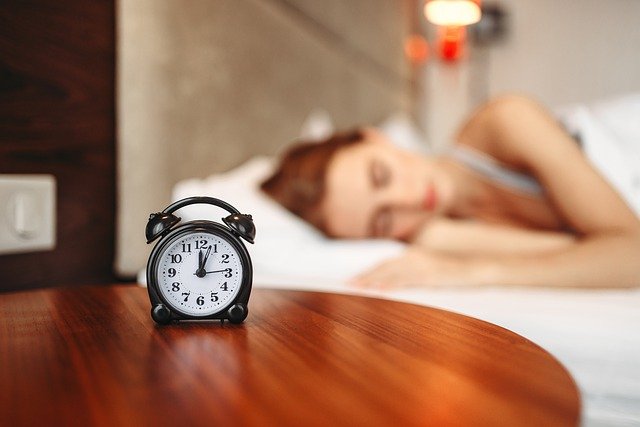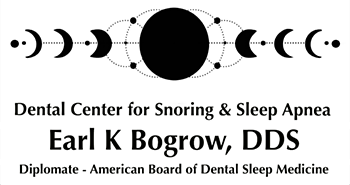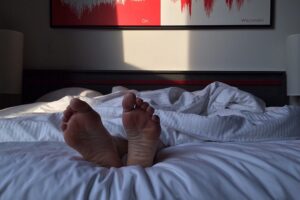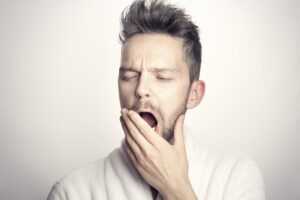What alternatives to CPAP are available to treat Obstructive Sleep Apnea and what is their effectiveness?

If you have Obstructive Sleep Apnea, you may find you have trouble breathing at night. You may toss and turn trying to find the best position to be able to breathe and sleep. Or you wake yourself and others up snoring loudly through the night. It is estimated that nearly 10% of the adults in the US have obstructive sleep apnea, although it often goes undiagnosed. You may have heard of a CPAP to treat sleep apnea, but did you know there are some alternatives to CPAP?
What is Obstructive Sleep Apnea?
Obstructive sleep apnea is the most common classification of sleep apnea. If you have obstructive sleep apnea, you repeatedly stop and start breathing while you are asleep. Apnea occurs when the muscles in your throat relax and block your airway. You may find that you wake up during the night feeling like you are gasping for air. Snoring is another common symptom of OSA.
What Treatment Options are Available?
For many years a CPAP or Continuous Positive Airway Pressure device was the only treatment option available. It is worn while sleeping and forces air into the airways to keep them open. The CPAP is effective, but many patients do not wear the device because it makes them uncomfortable. The CPAP also requires daily cleaning which can be a hassle to fit into a busy schedule. Today, a mandibular advancement splint, also called an oral appliance, is an available alternative to CPAP for obstructive sleep apnea and snoring.
This oral appliance is designed to improve the airflow in the upper airway and prevent its collapse by changing the position of the jaw and tongue. The mandibular splint can enlarge the upper airway space while fitting comfortably in the mouth. The mouthpiece is worn only while sleeping and helps you get a better night’s sleep.
Is the alternative to CPAP for OSA as Effective?
The CPAP is effective, but many people cannot adjust to its noisiness or the way it feels. While the CPAP is effective, it’s not always the best treatment option and it’s certainly not the only option. Oral appliance therapy by a trained, certified dentist like Dr. Bogrow has shown great effectiveness. Studies at the US National Library of Medicine National Institutes of Health have shown oral appliances to be as effective as the CPAP for reducing the symptoms of OSA. Also, patients in the studies were more likely to wear the oral appliance than they were to use the CPAP device.
Studies demonstrate that oral appliances effectively reduce snoring and obstructive breathing events. Because of their effectiveness, common health concerns that stem from snoring, lack of oxygen during sleep or interrupted sleep are reduced. Oral appliances help patients get a better night’s sleep, so they do not experience daytime grogginess. Additionally, the risk of developing serious health conditions caused by lack of sleep is greatly reduced. Other benefits of using an oral appliance to treat OSA include:
· Fewer morning headaches
· Lower blood pressure readings
· Improved mood (less depression, irritability, and fewer mood swings)
· Increased libido
Schedule your Appointment with Dr. Bogrow Today!
If you suffer from sleep apnea and would like to discuss an oral appliance as an alternative to CPAP for OSA, call our offices to schedule an appointment. At Michigan Sleep Apnea Center, we want to help you get a good night’s sleep! Dr. Bogrow is happy to answer any questions you may have about the use of oral appliances as an alternative to CPAP. He will work with you to find the best treatment option for you.









